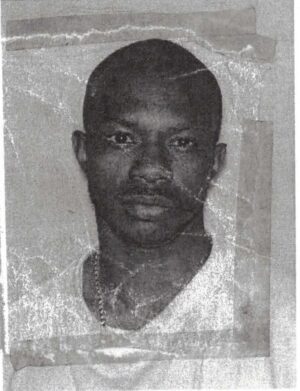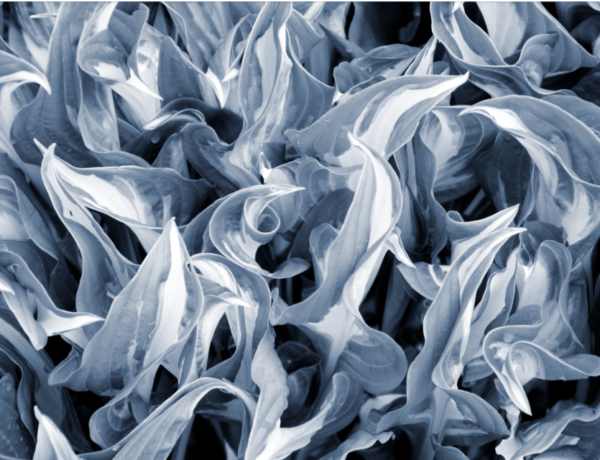“I asked ‘bout freedom, and you gave chains, and the freedom of the grave.” –Snelling
For African people in the United States, captivity began in Africa when we were captured and confined in slave forts like Cape Coast Elmina Castle and Goree Island “house of slaves.” From those colonial forts we left Africa in chains and shackles through the “door of no return,” and we were dropped off in various places around the world, including what is now referred to as North America. We were colonized here to work as slaves on the plantations of the settler–colonies of European imperialists.
Therefore, slavery became penal servitude and prisoners became “slaves of the colonial state.” Prisons became slave labor camps and being sentenced to prison was to be forced to do “hard labor.” It was a sentence of forced labor in addition to a term of imprisonment. This was where the term “hard labor” came from.
In the death camps, in a real concentration camp, in slave quarters, in an immigration caravan, in dark alleys and hallways throughout this imperialist-dominated world, it is what people must go through, especially when there’s no real struggle to resist and defeat this oppression.
After enduring the captivity of forced chattel slavery, Africans began to endure the captivity of imprisonment under colonialism.
We went from being slaves on plantations to convicts in prison. This criminal injustice system is a replacement for slavery in relation to controlling populations. As prisoners, we are just bodies that fill cells in prisons, situated in economically depressed rural areas, producing jobs for settlers.
The entire so-called criminal justice industrial system is made up of slave patrollers (police), judges, state and defense attorneys, counselors, doctors, nurses, canteen vendors, civilian food service and maintenance workers and county jail and prison overseers (corrections officers). Millions of jobs when tallied up nationally, all off so-called crime.
The poor are incarcerated for simply living a survivalist existence and responding and/or reacting to poverty and miseducation in reactionary, economically desperate and miseducated ways. Crime as a child of poverty and miseducation. Whenever and wherever there is poverty and miseducation, material conditions are ripe for the warrant of crime or revolution, for neither takes place without the desire for and/or the aspiration of better days, or a higher standard of living. Crime as an industry can only end by first and foremost ending poverty and miseducation.
As we lose touch with the ways of the old society which seem to be disappearing, so also we lose the revolutionary approach to struggle. We need to focus on non-violence as a tool to show the outrageousness of such a system that’s only here to keep us idle and excluded from society by branding us a danger.
The fear of dismantling the P.I.C (Prison Industrial Complex) is more a fear of losing control than anything else and, though it is said that the absence of control is chaos, many believe it to simply mean freedom.
The way to have a positive effect on lives is by way of growth, education, development, and expression as well as empowerment of our force of movement. When and where every human embraces the power to determine the egalitarian destiny of his and/or her own community. Revolution begins with education, like crime ends with education.
The failure to achieve prison abolition is a lack of clear understanding of the system and its overarching design and mechanisms. The only way to beat this monster is by uniting and coming together as one body. We need support and solidarity from outside organizations to build a decent sense of community that can support, reintegrate and truly rehabilitate those who have been labeled criminals, ‘cause in reality no one’s truly innocent, but we all deserve a chance at redemption.
In New York City and State, jails and prisons are being closed down. These developments should not surprise any student of history; oppressed people cannot remain oppressed forever. The yearning for freedom eventually manifests itself. We have fought and abolished slavery in its natural form, we have fought and abolished Jim Crow segregation, and if we continue to fight the P.I.C., its abolition will surely come.
Human progress is neither automatic nor inevitable. Even a superficial look at history reveals that no social advance rolls in on the wheels of inevitability; every step towards the goal of justice requires sacrifice, suffering and struggle, the tireless exertions and passionate concern of dedicated individuals.
Progress and Solidarity





No Comments